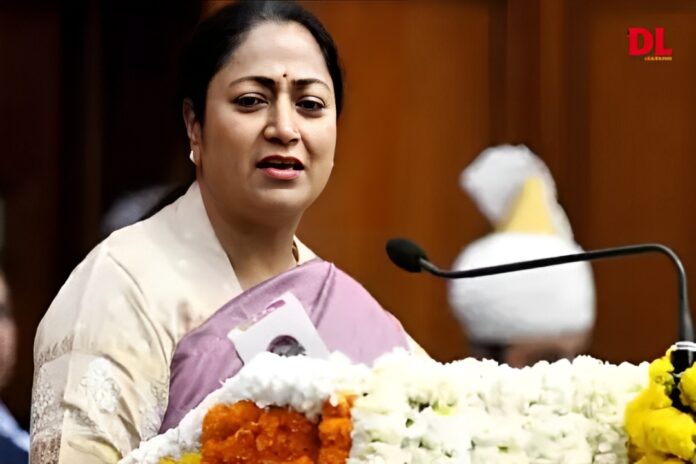
In a significant move aimed at curbing arbitrary fee hikes and bringing greater transparency in the education sector, the Delhi Cabinet has approved a bill to regulate school fees charged by private institutions across the capital. The decision, announced on Tuesday, is expected to bring relief to thousands of parents who have long voiced concerns about unpredictable and unaffordable fee structures in private schools.
Chief Minister Rekha Guptal, addressing a press conference, stated that the new legislation, titled the ‘Delhi School Fee Regulation Bill, 2025’, seeks to create a fair and accountable system that balances the interests of students, parents, and educational institutions. “We have passed a draft Bill in the Cabinet meeting, applicable to all 1,677 aided and unaided private schools, to fix guidelines and procedures for fee hikes,” she stated during her address.
The proposed legislation empowers the Delhi government to monitor and regulate the fee structure of private unaided schools.
The bill states that a three-tier regulation structure is to be created at the school, district, and state levels, and all levels of the regulation structure shall involve parental participation. The school-level committees will be directly in charge of the fee regulation, with the district and state-level committees in charge of handling appeals and ensuring fairness for both schools and parents.
While the bill doesn’t explicitly state the exact amount of fees that private schools can levy, the bill does provide a list of factors that should be considered when determining the fees. Those factors, according to Section 8 of the bill, are the location of the school; the infrastructure made available to the students for the qualitative education; the facilities provided and as mentioned in the prospectus or website of the school; the education standard of the school as the Government may prescribe; the expenditure on administration and maintenance, and more.
Finally, according to Section 15 of the bill, schools that fail to follow the provisions of the bill can be fined anywhere between Rs. 1-10 lakh, with repeat offenders potentially losing government recognition.
Currently, schools follow Section 17(3) of the Delhi School Education Act, 1973 for their free regulation. Once the bill has been fully enforced, schools must set up their school-level committees by 31st July, and must submit their reports within 30 days.
Also Read: AICTE set to integrate AI across all engineering disciplines by 2026
This development follows similar efforts in other states like Maharashtra and Tamil Nadu, which have enacted laws to regulate school fees in recent years.
As Delhi moves closer to enforcing fee regulation, the bill marks a critical turning point in the ongoing debate between educational accessibility and institutional autonomy.



















